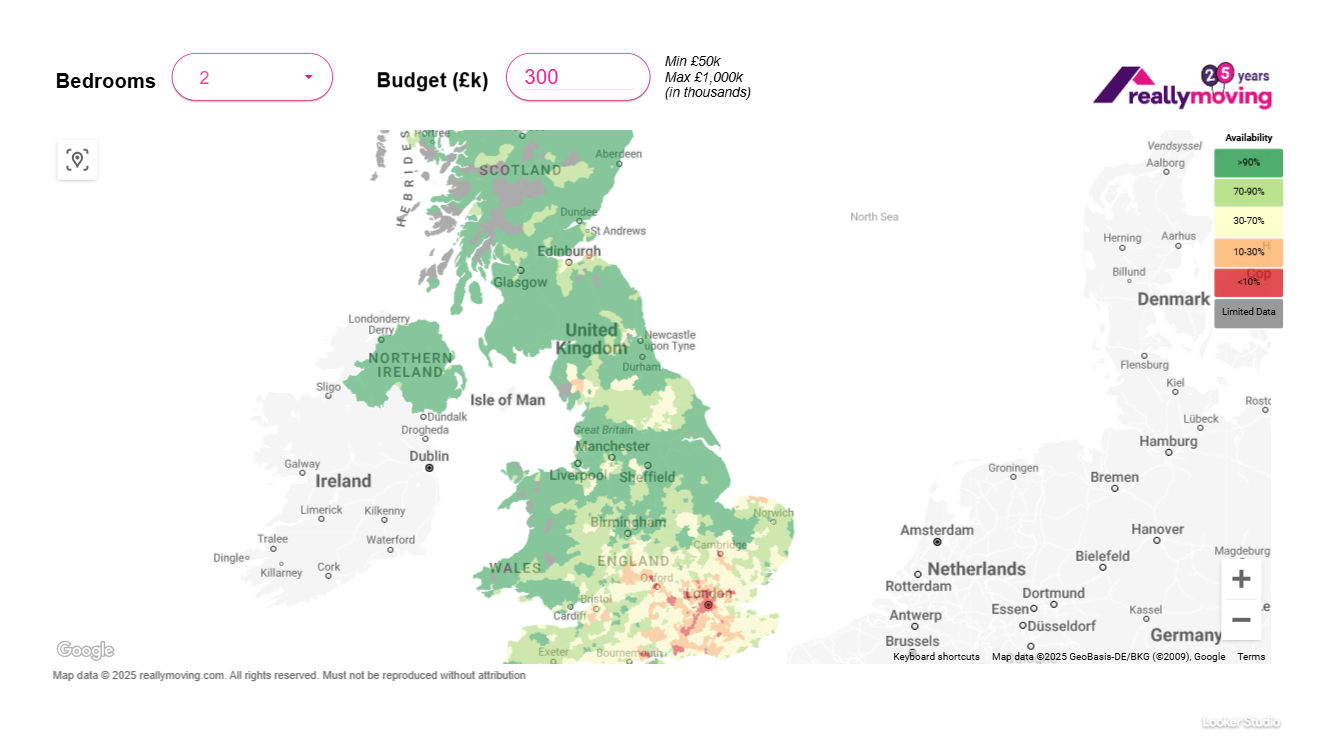Dreaming of a brick-and-mortar home but exploring alternative living arrangements like tiny homes, narrowboats, or co-living to save for that deposit? Understanding the legal considerations and planning permissions involved is crucial to avoid costly mistakes and stay on track. This guide dives into the UK’s legal landscape for alternative living, covering planning permissions, council tax, and residency rights. Written in an approachable yet authoritative style, it’s your roadmap to making informed choices while keeping your homeownership goals in sight. Let’s get started!
Why Legal & Planning Knowledge Matters
Alternative living arrangements—whether a tiny home on wheels, a narrowboat, or a co-living setup—offer affordable, sustainable ways to save for a traditional home. But they come with legal and planning hurdles that can trip you up if you’re not prepared. Getting to grips with planning permissions, tax obligations, and residency rules ensures you stay compliant, avoid fines, and protect your investment. This knowledge also empowers you to make strategic decisions, like choosing a mobile tiny home to bypass certain regulations, all while building your savings for that brick-and-mortar future.
Planning Permissions: Building or Parking Your Tiny Home
Tiny homes, whether fixed or mobile, often require planning permission in the UK, depending on where and how you live in them. Understanding the rules helps you set up your home legally and avoid enforcement notices that could force you to move or dismantle it.
Key Planning Considerations
- Mobile Tiny Homes: Homes on wheels (e.g., trailer-based) are often considered caravans under UK law, which can simplify permissions if used on private land with the owner’s consent or at approved sites.
- Fixed Tiny Homes: Permanent structures on land typically require full planning permission from your local council, treated like any new dwelling.
- Land Use: Using your own land (e.g., a garden) for a tiny home may be allowed under “ancillary use” rules for up to 28 days/year without permission, but longer stays trigger planning requirements.
- Permitted Development: Some small structures (e.g., under 2.5m high) may fall under permitted development rights, but check with your council as restrictions apply (e.g., conservation areas).
Planning Permission Costs and Timeline
| Aspect | Details |
|---|---|
| Application Cost | £258–£462 for a single dwelling (GOV.UK, 2025). |
| Timeline | 8–13 weeks for a decision; appeals can take 6+ months. |
| Pre-Application Advice | £50–£200 for council consultation to assess feasibility before applying. |
Pro Tips
- Contact your local council’s planning department early to discuss your plans and avoid surprises.
- Consider hiring a planning consultant (£500–£2,000) for complex cases to boost your application’s success rate.
Council Tax and Alternative Living
Council tax is a key consideration for alternative living arrangements, as it affects your budget and savings plan. Whether you pay depends on your setup and how it’s classified under UK law.
Council Tax Scenarios
| Living Arrangement | Council Tax Status |
|---|---|
| Tiny Home (Fixed) | Usually liable as a self-contained dwelling (Band A, ~£1,200/year). |
| Tiny Home (Mobile) | Often exempt if on a caravan site or private land, but check local rules. |
| Narrowboat | Exempt if continuously cruising; mooring fees (~£1,000–£3,000/year) apply at fixed sites. |
| Co-Living | Shared houses pay one bill, split among tenants (~£300–£600/year each). |
Key Considerations
- Fixed Tiny Homes: If your tiny home is deemed a permanent dwelling with utilities, it’s likely to be banded for council tax, starting at Band A (£1,000–£1,500/year, depending on location).
- Mobile Tiny Homes/Narrowboats: These may avoid council tax if not fixed to one spot, but mooring or parking fees can offset savings.
- Co-Living: In shared houses, council tax is typically a single bill for the property, divided among residents, making it more affordable per person.
- Exemptions: You may qualify for discounts (e.g., 25% for single occupants) or exemptions (e.g., if the property is unoccupied and unfurnished for under 6 months).
Pro Tips
- Check your council’s banding for tiny homes or shared properties to budget accurately.
- If continuously cruising on a narrowboat, keep a log of movements to prove compliance with Canal & River Trust rules and avoid council tax.
Residency Rights: Securing Your Legal Status
Residency rights determine where you can legally live and how your alternative living arrangement affects your address for voting, taxes, or services like healthcare. Understanding these rights ensures you’re fully integrated into the system while saving for your brick-and-mortar home.
Residency Rules by Arrangement
| Arrangement | Residency Details |
|---|---|
| Tiny Home | Fixed homes provide a permanent address; mobile homes may use a friend’s address or PO box. |
| Narrowboat | Continuous cruisers use a marina or friend’s address; fixed moorings provide a permanent address. |
| Co-Living | Shared houses offer a standard address, registered with the tenancy agreement. |
Key Considerations
- Permanent Address: A fixed address is needed for voting, banking, and NHS services. Mobile tiny homes or narrowboats may require a friend’s address or a mail-forwarding service (£20–£50/month).
- Tenancy Agreements: In co-living, ensure your name is on the tenancy agreement to establish residency and protect your rights (e.g., deposit protection).
- Landowner Permission: For tiny homes on private land, secure written permission from the landowner to avoid disputes or eviction.
- Canal & River Trust Licence: Narrowboat dwellers need a licence (£700–£1,500/year) to navigate UK canals legally, with continuous cruising requiring at least 20 miles of movement every 3 months.
Pro Tips
- Register for the electoral roll using your chosen address to maintain voting rights and credit score benefits.
- Consult a solicitor (£200–£500) for complex setups, like drafting agreements for land use or shared tenancies, to safeguard your rights.
Why Legal & Planning Knowledge Fuels Homeownership
Mastering the legal and planning aspects of alternative living saves you money and stress, letting you focus on building your deposit. Avoiding fines (e.g., £1,000 for unpermitted structures) and securing the right setup can save £2,000–£5,000 annually compared to traditional renting (£800–£1,500/month). Pair these savings with a Lifetime ISA (LISA) for a 25% government bonus (up to £1,000/year on £4,000 saved), and you could bank £10,000–£15,000 over 5 years. Plus, understanding these rules hones your skills for navigating mortgage applications and property laws when you buy your forever home.
Wrap it Up
Alternative living arrangements like tiny homes, narrowboats, or co-living are brilliant ways to save for a brick-and-mortar home, but they come with legal and planning hoops to jump through. By mastering planning permissions, council tax rules, and residency rights, you can live sustainably, avoid pitfalls, and keep your savings on track. This isn’t just about staying legal—it’s about building a confident, informed path to homeownership. Ready to dive in? Contact your local council, review your tenancy or licence agreements, and start planning your alternative living journey today!
Government & Official Guidance
- GOV.UK Planning Permission
Official guide to planning applications, costs and permitted development rights in England/Wales. - Canal & River Trust Licensing
Requirements for legally living on UK waterways as a continuous cruiser or mooring holder. - Scottish Government Tiny Homes Guidance
Specific rules for tiny houses in Scotland (different from England/Wales).
Council Tax & Residency
- GOV.UK Council Tax Bands
Official council tax rates and how properties are assessed across the UK. - Electoral Commission Registration
How to maintain voting rights while living alternatively.
Tiny Home Specific
- Tiny House UK Community
UK-focused legal guides and case studies for tiny home dwellers. - RICS Tiny Home Valuation
Professional standards for assessing tiny home values and legality.
Boat Living
- National Association of Boat Owners
Advice on residential boat licensing, moorings and legal rights. - Living on a Boat UK
Comprehensive guide to UK laws for full-time boat dwellers.
Co-Living & Shared Housing
- Shelter England – Shared Housing Rights
Charity guidance on legal rights in shared housing arrangements. - SpareRoom Co-Living Guide
Practical advice on contracts and rights in co-living spaces.
Professional Services
- Planning Portal
Government-approved planning application service with fee calculators. - Land Registry
Official property ownership records (£3 searches) for land verification.



